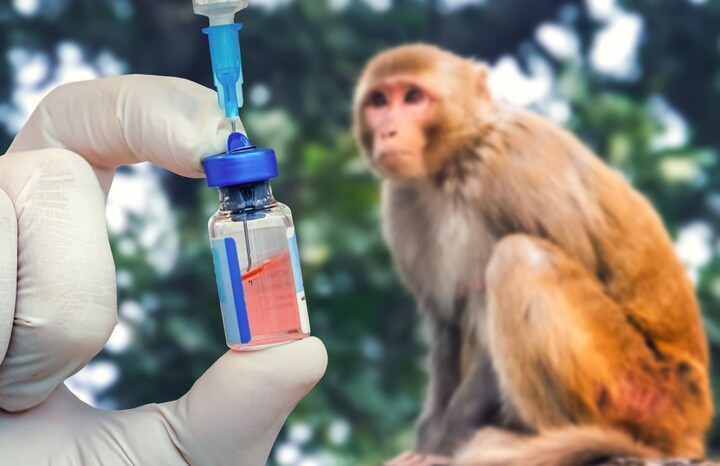Recent discussions in the scientific community have increasingly focused on both the ethical concerns of animal testing and how to effectively utilize and share the resulting data. International efforts to ensure transparency in animal testing data and prevent duplicate experiments are expanding, with data sharing playing a crucial role in reducing the frequency of animal testing while improving research efficiency.
The European Chemicals Agency (ECHA) of the European Union (EU) stands as a prime example. ECHA operates a database that systematically publishes chemical safety data, enabling researchers and companies to easily access existing animal testing data. This enhanced transparency contributes to animal welfare by reducing duplicate experiments and ensuring animal testing is conducted only when necessary. The database particularly helps researchers review existing data and design experiments, significantly reducing unnecessary animal testing.
A concrete example of reducing unnecessary animal testing through systematic data management and sharing is the EU’s REACH (Regulation on Registration, Evaluation, Authorisation and Restriction of Chemicals) system. This regulation requires companies to submit and share safety information about chemicals. Through this system, the EU has successfully prevented duplicate animal testing and reduced the need for new experiments by utilizing existing data. The EU achieved a more than 20% reduction in animal testing between 2010 and 2017, reflecting policy efforts including the development of alternative testing methods and prevention of duplicate experiments through data sharing.
In the United States, both the National Institutes of Health (NIH) and the Food and Drug Administration (FDA) operate programs promoting the development of alternative testing methods and data sharing. These programs focus on efficiently analyzing animal testing data using cutting-edge technologies such as AI models and developing alternative testing methods.
The U.S. Tox21 program has developed a system that evaluates chemical toxicity using high-throughput screening technology. This program offers methods that can replace or complement traditional animal testing, while contributing to reducing unnecessary animal testing by enabling researchers to utilize existing information through data sharing.
These efforts to strengthen data sharing and transparency serve as an important foundation for addressing ethical issues in animal testing while enhancing scientific reliability. The goal is to restructure the research environment to strengthen research accountability and promote the interests of both humans and animals.





